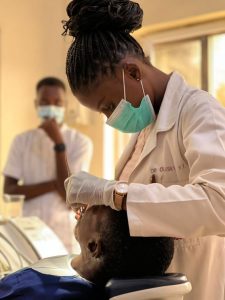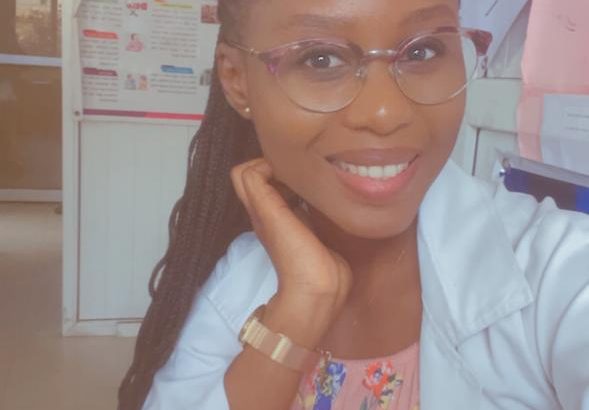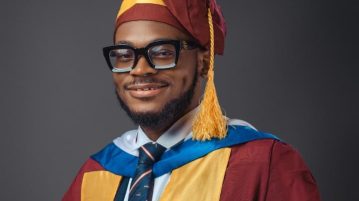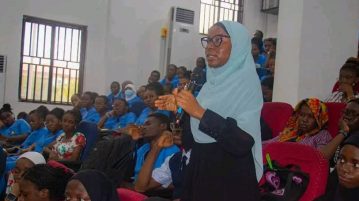Residency training is an important part of the medical and dental career pathway…
Still on the trail of speaking with resident doctors in Nigeria, towards providing insights into the current state of residency for other colleagues and dispelling misconceptions surrounding this pathway, we interviewed a dental surgeon based in Lagos State.
Interviewer: Medical Mirror (MM) Correspondent, Mary O. A. Awoniyi
MM: Can we meet you please?
My name is Dr Yejide Oluseye-Oyebola, a Senior Resident in Oral and Maxillofacial Surgery, training in the Lagos State University Teaching Hospital (LASUTH), Ikeja.
MM: What motivated you to pursue a residency program in Nigeria, and how did you come to choose your specialty?
My interest in Oral and maxillofacial Surgery motivated me to pursue residency, coupled with my family influence. I come from a family of all Surgeons and Doctors. My Dad being a highly experienced oral and maxillofacial surgeon, and elder brothers who are also specialists in general surgery, dental surgery and family medicine.
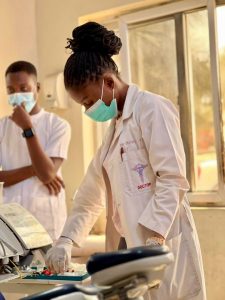
MM: Since commencing your specialty training, what have been the highlights and perhaps, the most rewarding part of your experience so far?
My Highlights and reward so far will be the continuous learning, accumulation of skills and knowledge in my field, and professional relationship with teachers and colleagues.
MM: There are so many hear-says about residency in Nigeria today, what is the most common misconception that you’ve heard, and how do you wish people would better understand it?
I believe every situation and environment have their own peculiar challenges, and Nigeria is not an exception. Describing residency as toxic might be an overgeneralization, and it will be more helpful to identify specific problems and approach them systematically, while appreciating the many advantages residency in Nigeria has over other climes.
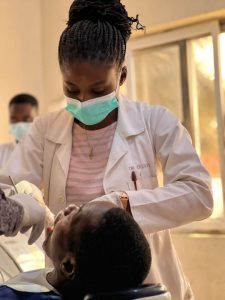
MM: What are some of the current challenges encountered during residency training?
Common challenges include unavailability of adequate learning resources and resources to enhance patient care, Inadequate funding, the increasing brain drain and work overload.
MM: How do you think residents can manage the demands of residency training, while balancing it with personal life?
By prioritizing rest and family time. Also, relieving stress by engaging in hobbies.
MM: How do you see the future of specialty training in Nigeria evolving, and in what way can young doctors be well positioned for it?
If the Nigerian government and the necessary residency stakeholders are committed, I see specialty training improving and creating more opportunities.
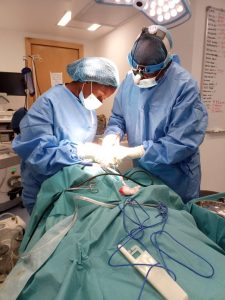
MM: What advice would you give to junior residents who are just starting their programs?
My advice to junior residents – “Be focused and determined”.
MM: What message would you like to convey to potential applicants who may be hesitant or unsure about pursuing a residency program?
My advice to potential applicants – “Trust the process”.
MM: On a scale of 1-10, how much would you rate your own residency experience?
I’ll rate my experience – 7 out of 10.
MM: If you could go back in time, would you still make the same decision. Same specialty? Same training centre?
Yes. I would choose to pursue residency in the same specialty and training centre if I have to choose again.
